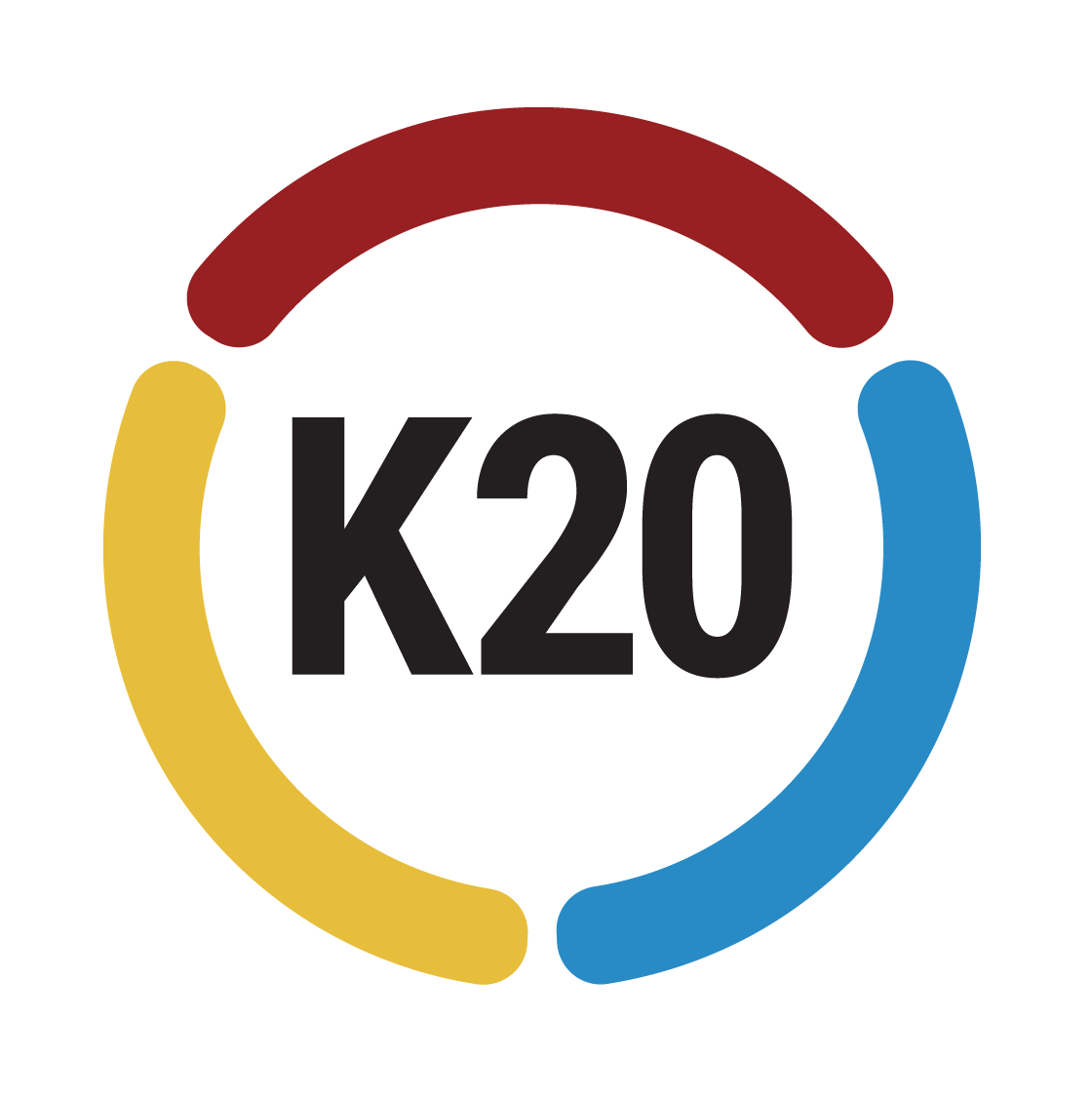IDEALS – Inquiry
What Is Inquiry?
Inquiry is the ongoing process in which learning communities come together and engage in data-based decision-making. Through analysis and reflection, gaps in student learning, achievement, engagement, and/or empowerment are identified to inform interventions that result in equitable and improved student outcomes.
The Inquiry Cycle
The Inquiry Cycle is an iterative process in which teams of instructional leadership focus on continuous improvement, motivated by data.
Gillis and Milton-Kukner (2019) describe inquiry as a “holistic way of approaching the profession of teaching through continuously experimenting with and inquiring into pedagogy” (p. 22).
In alignment with foundational K20 definitions of inquiry, Baharav and Newman (2019) label their process as a “cycle of inquiry” and suggest that when implemented correctly, it will guide educators through the application of data to a local challenge or question; “one full cycle of inquiry includes the following components: collecting data, analyzing data, interpreting findings, making decisions, and taking action” (p. 239). An authentic inquiry process requires professional learning communities, a positive data culture, data-based decision-making (DBDM), and research practice partnerships.
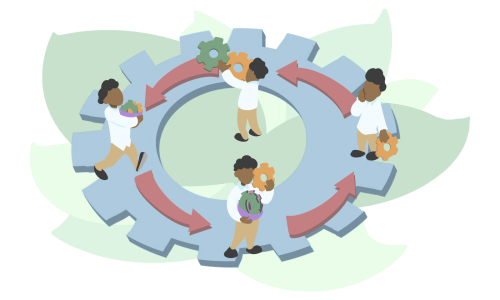
Growing a School Culture to Embrace Inquiry
Professional learning communities (PLCs) promote safe and supportive environments where teachers are empowered to take on leadership roles focused on student data and achievement. These are most effective when instructional leaders and teachers work together to develop a sense of trust and ensure collaborative decision-making can occur, leading to continuous improvement.

Ensuring that teachers have supportive systems with adequate resources is a key factor in developing and sustaining the inquiry process (Ermeling, 2010; Lasater et al., 2021). To have an effective system, teachers must feel they can openly share, discuss, and respond to data in a safe environment (Ermeling, 2010; Lasater et al., 2020; Lasater et al., 2021; Marsh, 2012; Schildkamp et al., 2019b).
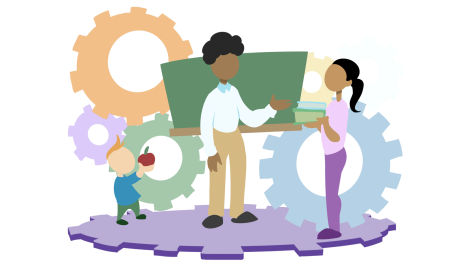
Data-based decision-making (DBDM) is an output of the inquiry process that requires being able not only to identify diverse types of data to inform decision-making but also to interpret data relevant to the task of helping all students achieve positive outcomes (Datnow & Park, 2018; Marsh & Kennedy, 2020). While using data to assess how well students perform is essential, simply knowing what the data says about students is insufficient to ensure that students are well-served in a system where inequity is pervasive.
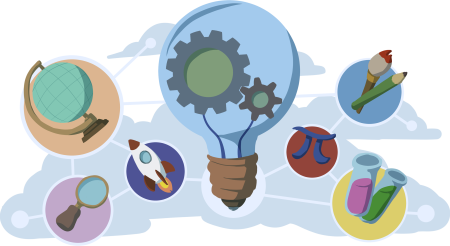
Partnering with external experts to conduct social research and applying evidence-based practices provides a systematic framework to improve schools and school systems. A research-practice partnership (RPP) is a formal partnership where outside educators, often from universities, agencies, or professional organizations, share a commitment to work together (Baharav & Newman, 2019; Coburn et al., 2021; Farley-Ripple, 2021). The goal of an RPP is to put theories into practices that are visible and explicit (Brown & Flood, 2018), as well as able to increase attention, engagement, and achievement (Baharav & Newman, 2019; Coburn et al., 2021; Farley-Ripple, 2021).
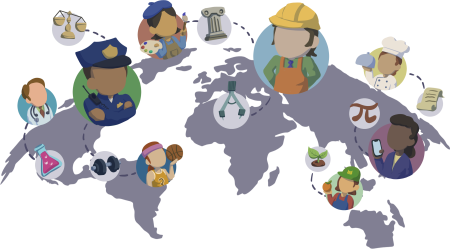
How Does Inquiry Relate to My Work?
The Importance of Authenticity in Schools
The inquiry cycle is an important part of any educational setting. The result of this process is improvement in learner engagement, empowerment, and achievement (Broderick & Hong, 2011). By ensuring that teachers have supportive systems with adequate resources to develop and sustain the inquiry process, schools engender a sense of trust, collaboration among teachers and leaders, and shared responsibility for school improvement.
Learn More About Our Research
Resources & Job Aids for Schools
Looking for FREE Lesson Plans?
Check out our Lesson and Engaging Activity Repository & Network (K20 LEARN) for authentic lesson plans, instructional strategies, technology tools and more.
